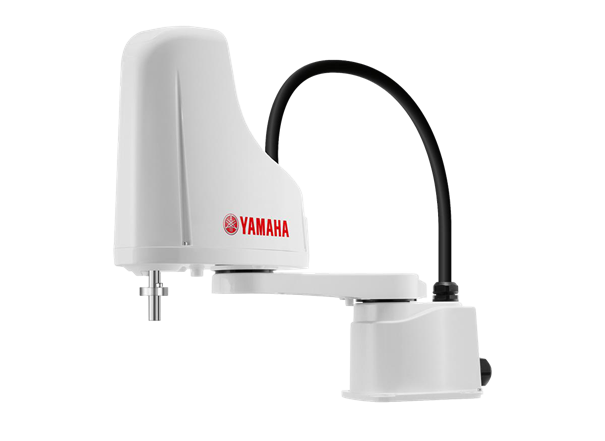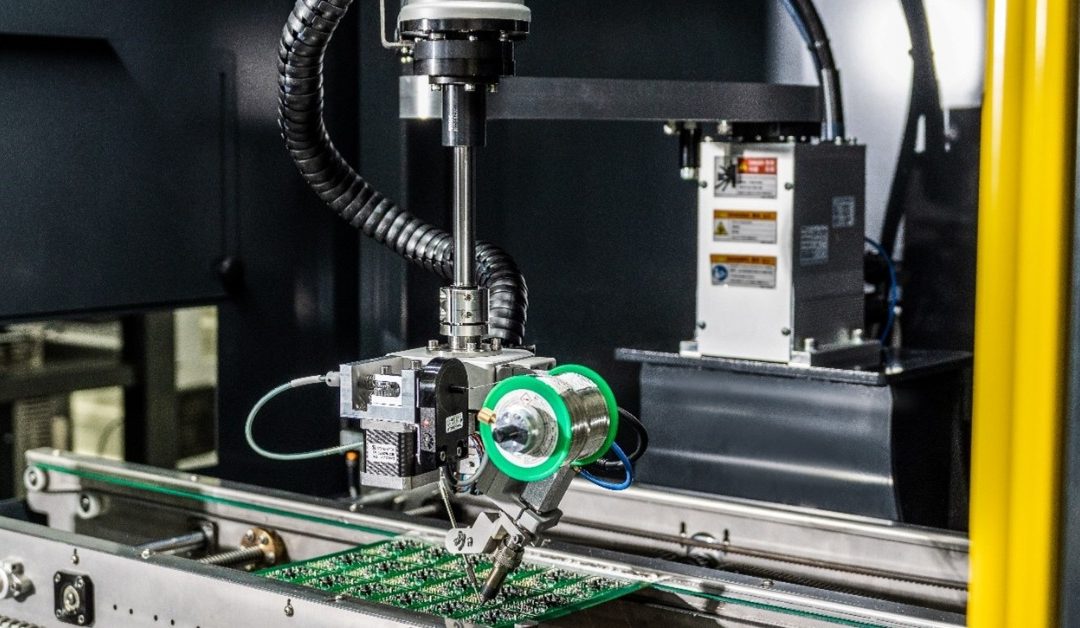Robotic process automation, which has been rapidly developing since the mid-20th century, is quickly transforming the landscape of modern manufacturing, opening promising prospects for industries worldwide. With technological advancement, more manufacturers – from industry giants to small and medium-sized enterprises – are beginning to recognize its value. Despite widespread concerns about costs, availability, and potential impact on the job market, the technology is dispelling doubts regarding its adoption in the industry.
Cost and scalability of industrial robots
Recently, we have witnessed significant changes in the pricing and availability of industrial robots. The decrease in prices, driven by mass production and increased competition, has enabled smaller enterprises to invest in robotic solutions. Robotics is no longer the domain of only large global corporations. Now, companies with limited budgets can also benefit from automation, which provides higher quality and greater flexibility at lower operational costs. Equipped with advanced technologies, industrial robots not only increase efficiency but also facilitate integration with existing production systems. With standardized safety measures becoming industry norms, companies can reduce the risk of accidents and associated costs. Moreover, the introduction of more intuitive interfaces and easier-to-implement programs lowers the entry barrier for companies lacking specialized technical knowledge. Scalability is another fundamental advantage of modern robotic systems. Robots can be used in various production environments — from large-scale to small-batch manufacturing.
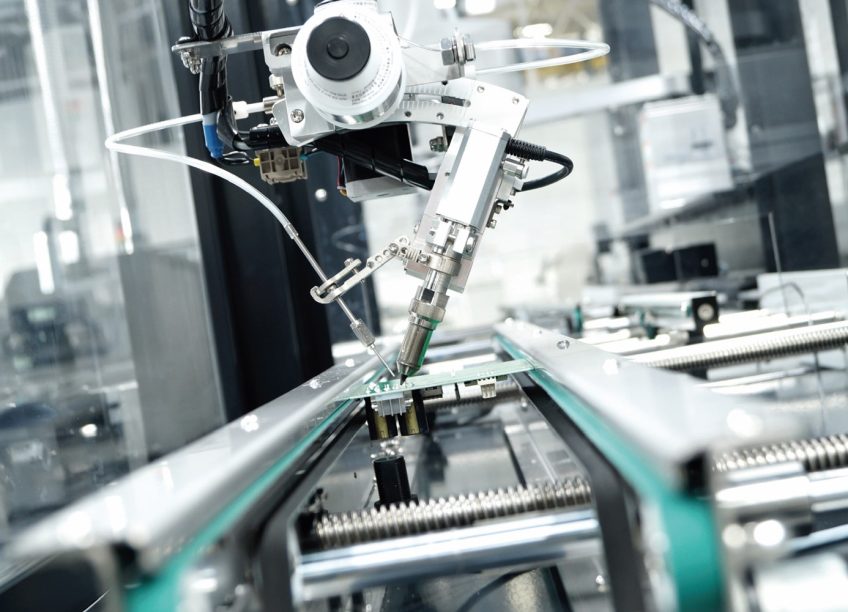
Investments in robotics can thus grow along with the company, adapting to evolving needs and market demand. Small firms can start with single machines to automate the most labor-intensive or routine tasks, and over time, as the business expands, they can add more robots, increasing the degree of automation and efficiency.
Additionally, robots with modular designs, serving as mobile platforms, can be easily repositioned and reconfigured for different purposes within a single production facility. Such flexibility allows companies to quickly adapt to changes in production and market conditions, which is crucial for businesses that need to be agile and responsive to new trends and market conditions.
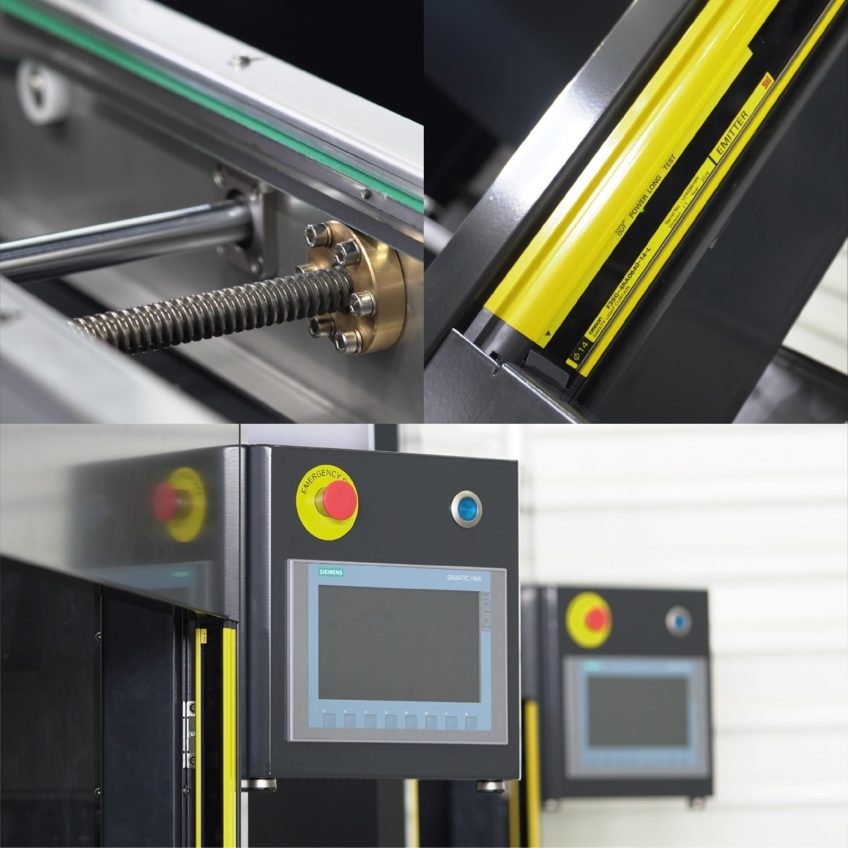
Increased production efficiency
Increased production, directly resulting from the scalability and flexibility of industrial robots, becomes a significant argument that robotic process automation may be the future of the industry. Industrial robots, designed for continuous operation, enable production processes to run 24 hours a day, significantly enhancing a company’s production potential. Operating machines beyond regular shifts, including nights, weekends, and holidays, leads to a clear increase in efficiency.
Robots, which do not require breaks and are immune to fatigue, perform repetitive tasks with consistent precision, enhancing not only the quantity of produced goods but also their quality — crucial for brand reputation and customer satisfaction. Additionally, using industrial robots minimizes costly production downtimes due to lost production and delayed deliveries. Reducing downtimes and increasing production contribute to a faster return on investment in robotics. These machines produce more goods in less time, lowering unit production costs and potentially increasing profits. Companies can allocate these savings to reduce prices for consumers or reinvest in innovation and business expansion.
Adaptability for growing businesses
In the current era, where flexibility and scalability are crucial for success, modern industrial robots prove increasingly suitable for the needs of rapidly growing businesses. This shift, from technology previously accessible mainly to large manufacturing plants to solutions ideally meeting the requirements of smaller enterprises, is a result of continuous technological innovations.
Small and medium-sized enterprises, often characterized by limited production series, find industrial robots extremely flexible tools capable of quickly adapting to evolving tasks and production requirements. Mobile robots, which can be easily moved between different work areas, allow for efficient management of production space and resources. Meanwhile, collaborative robots, or cobots, open new perspectives for interaction between machines and workers.
These advances in robotics enable even resource-limited companies to enhance their competitive market position. The user-friendliness of robotic technology for growing businesses extends beyond accessibility to the ability to evolve in harmony with current market trends and customer expectations. This leads to the next key element of automation — the ease of programming robots, which is fundamental for agile adaptation to changing production needs.
Creating new jobs
In the context of the debate about the future of industry in light of robotic process automation, it is important to emphasize that the introduction of this technology does not necessarily mean job reduction. On the contrary, it can lead to the creation of new positions. Although robots are designed for autonomous operation, they require human supervision, opening up employment opportunities for specialists such as engineers, programmers, and maintenance technicians.
Automation enables the transformation and development of domestic production, potentially leading to the opening of new industrial plants and an increase in employment opportunities. Additionally, workers have the chance to retrain to operate and manage advanced robotic systems, thereby enhancing their professional qualifications.
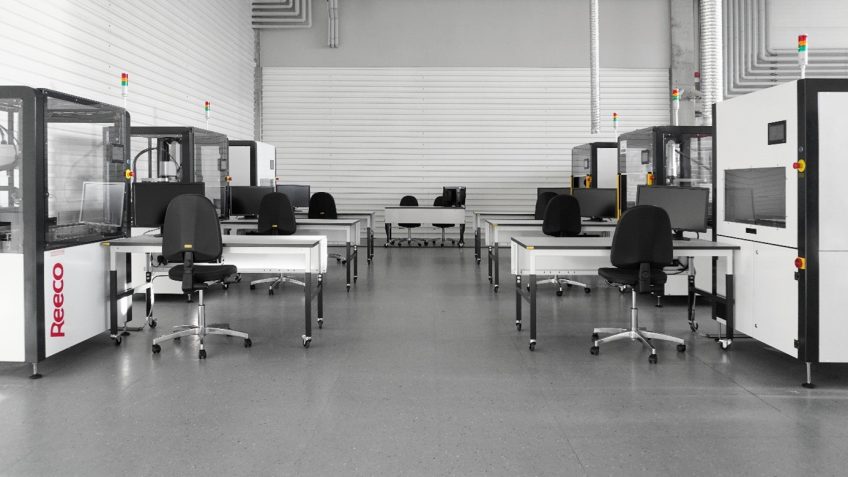
Safety and quality of life for employees
Considering whether robotic process automation is the future of the industry, one cannot overlook its impact on employee safety and quality of life. By taking over tasks associated with dangerous, monotonous, and physically demanding duties, industrial robots significantly reduce the risk of accidents, injuries, and occupational diseases. Workers are moved away from unfavorable work environments, protecting their health and allowing them to focus on more fulfilling tasks such as problem-solving, strategic planning, and creative activities.
Automating routine tasks not only provides employees with the opportunity to engage in more engaging and developmental activities but also promotes their well-being, which can, in turn, translate into higher efficiency and productivity. Robotic automation also contributes to increased production efficiency by minimizing human errors, leading to more stable processes and better quality of final products.
Automation and robotics with RENEX Group
In the context of the question of whether robotic process automation is the future of the industry, it is worth noting the contribution of companies like RENEX Group.
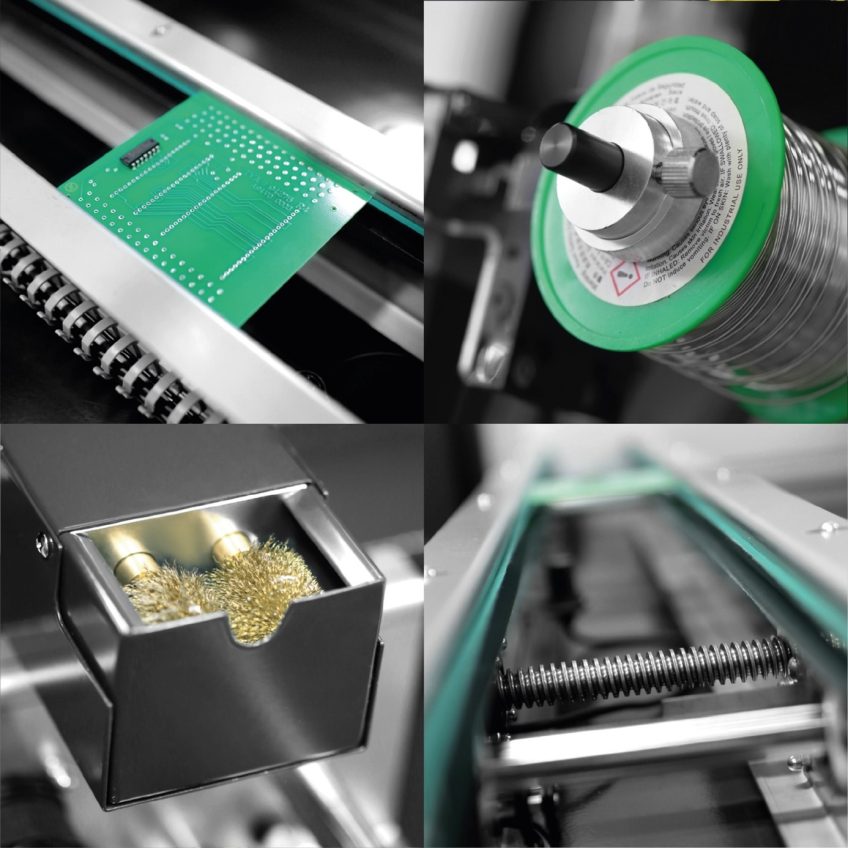
With over thirty years of experience in the electronics industry, RENEX contributes to the development of innovations in automation and robotics. Recognized in the market for its product – the REECO series of robots, it streamlines tedious and repetitive production processes in the electronics industry, offering efficient and precise solutions.
REECO robots, fully automated, independent units, are designed for easy integration into both existing and new production lines. Their specialized design allows collaboration with specific machines, ensuring effectiveness in various processes, from assembly to soldering and dispensing. Utilizing REECO robots can be crucial for maintaining competitiveness in the market, which is significant for manufacturers of electronic devices.
RENEX Group does not limit itself to providing equipment – it also offers a wide range of advisory, service, and training services. The RENEX Technological and Training Center supports enterprises at every stage of implementing robotics, offering training on operating robotic systems, enabling the full utilization of industrial robots’ potential. In terms of service, RENEX provides warranty and post-warranty support, advice on the proper use of machines, and preventive maintenance. RENEX Group’s service, recognized by YAMAHA in 2020 as the best in Europe, guarantees the highest standard of support.
As a distributor of YAMAHA Robotics, RENEX Group provides comprehensive solutions for the electronics sector in Poland and the Balkan region. In its Technological and Training Center, it offers the opportunity to directly familiarize and test YAMAHA devices, reinforcing its mission to provide personalized technical solutions.
The high quality of products and services offered by RENEX Group contributes to progress in the electronics industry, enhancing the efficiency and effectiveness of production lines. The distinction of the TERAZ POLSKA emblem for the REECO series of robots and the title of Innovation Leader of Pomerania and Kujawy 2023 underline the company’s commitment to the development of intelligent production. More information about the solutions offered by RENEX Group can be found on the company’s official website.
